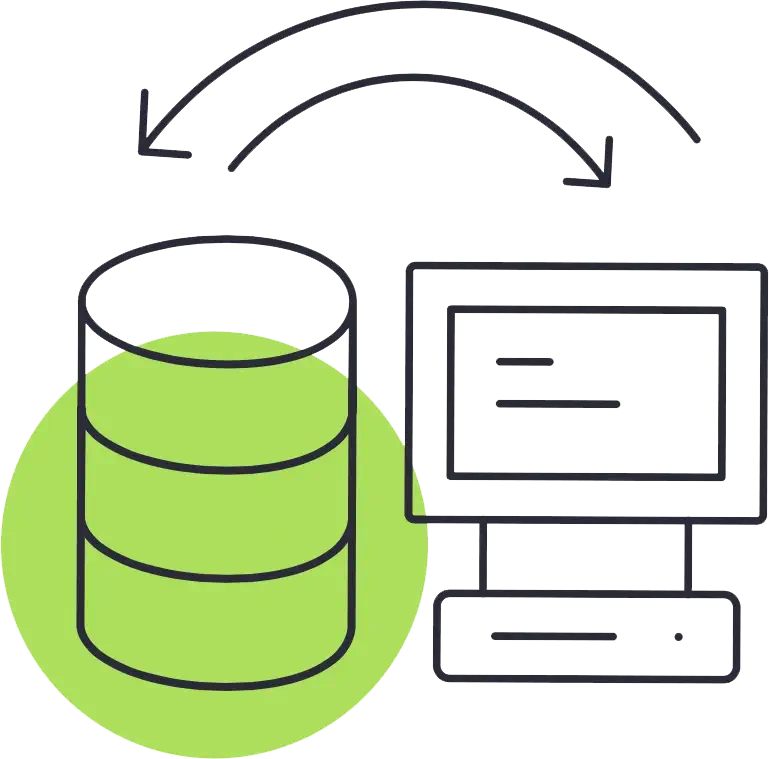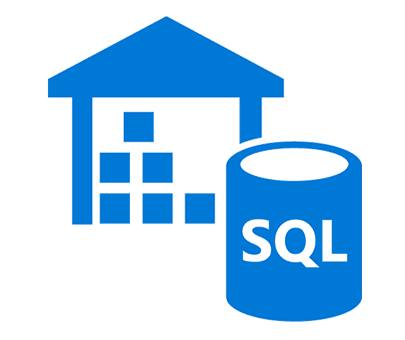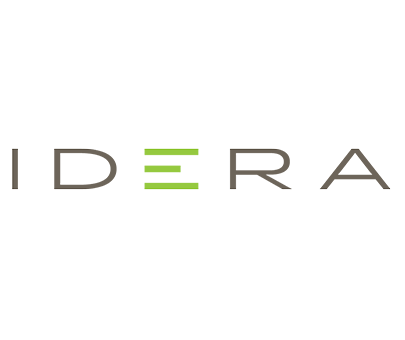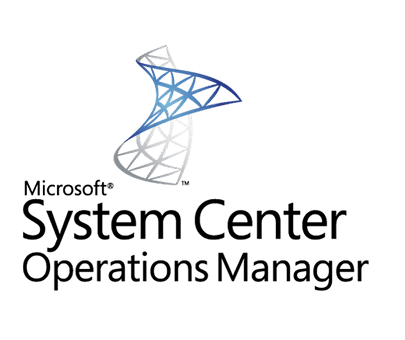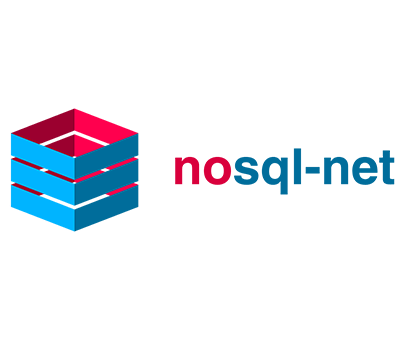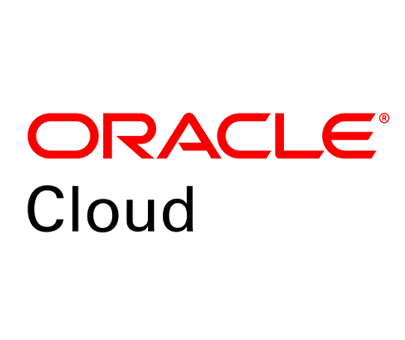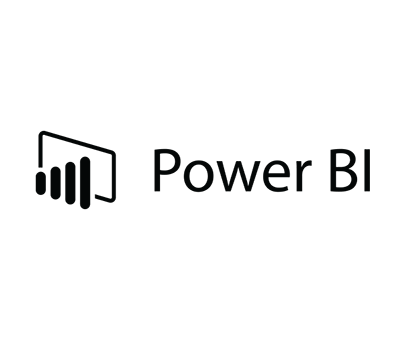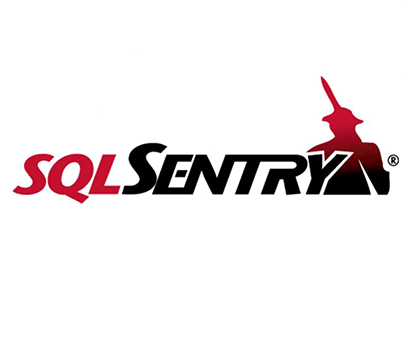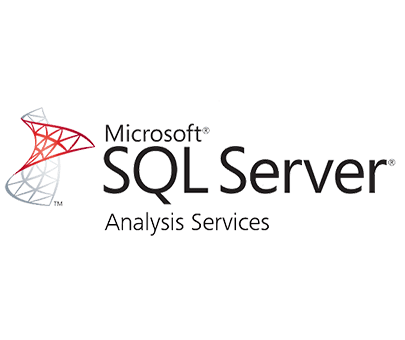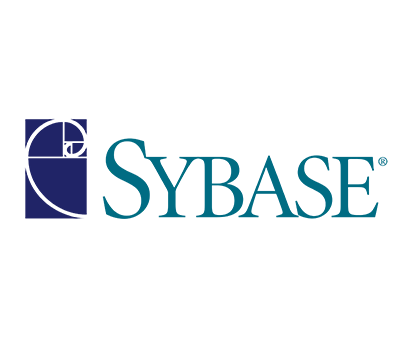Database Compliance Audits
Understanding best practices for database compliance audits
Whether or not you have a good grasp of your license standing and are confident your database licenses are compliant, an audit is still a grueling process to go through. Most database licenses have a formal license agreement and process that allows reasonable audits of usage and compliance, so it’s important to stay ahead if you don’t want a bad audit experience.
To help guide our clients through any compliance request and ensure a less painful audit, Solvaria follows these best practices:
- Provide the information requested – and nothing more
- Keep track of all correspondence and review all requests and responses carefully
- Know what’s going to requested
Items typically requested in an audit include: listing of the products and licenses your organization is using, the hardware platforms and configurations (CPU type/size especially) in use for those products, output from various OS and/or database scripts, and running of certain processes or procedures. For a more comprehensive list, download our whitepaper via the pop-up form. - Be aware of how to handle being out of compliance
Database representatives will work with you to determine additional licenses required and/or other options for resolution. - Follow industry best practices to keep your licenses compliant before being audited
These include cleaning up named user or CPU license surplus or deficits, reconciling minimum license requirements, purchase of any additional required licenses, etc. To be safe – audit yourself before anyone else does!
If your organization has received a database audit request and you’re not sure where your licenses stand, Solvaria can provide answers.
If your organization runs Oracle, our Oracle Practice Team Lead has created a whitepaper to download as a cheatsheet to Oracle Licensing audits. Or, reach out to one of our expert DBAs for more information via the form below.
Additional Information
